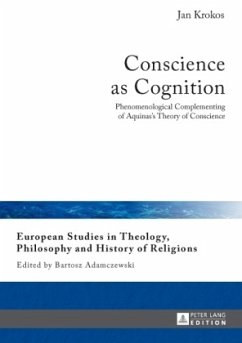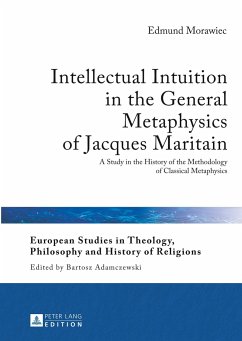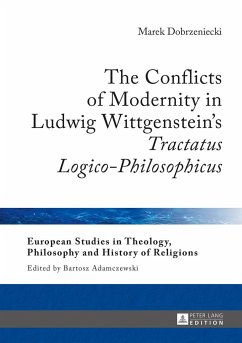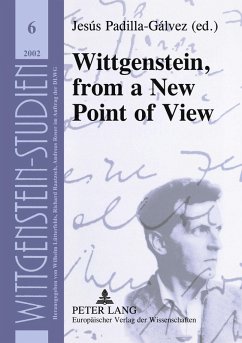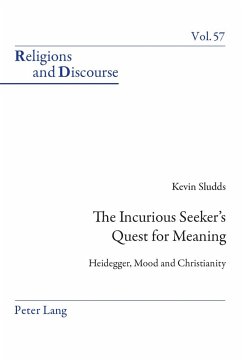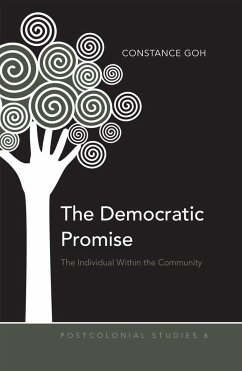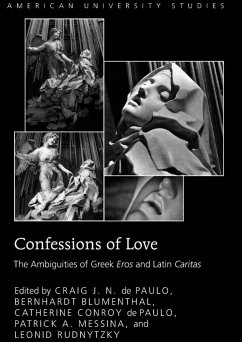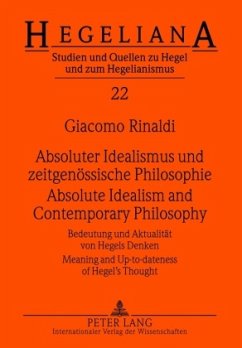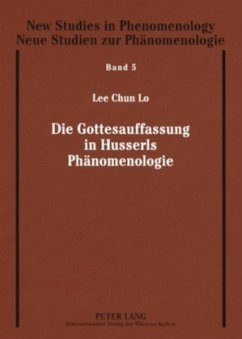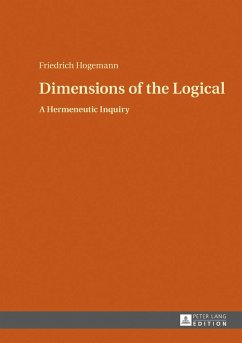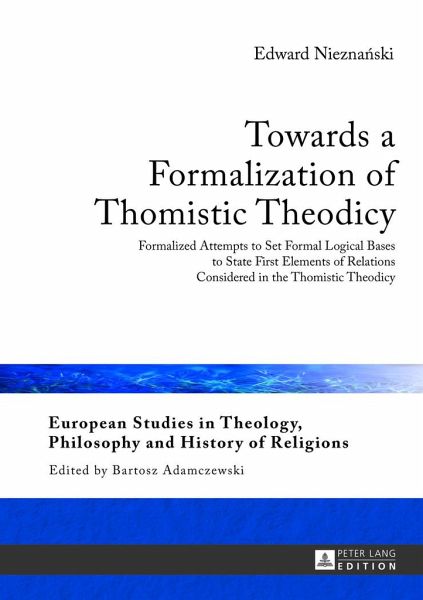
Towards a Formalization of Thomistic Theodicy
Formalized Attempts to Set Formal Logical Bases to State First Elements of Relations Considered in the Thomistic Theodicy
Versandkostenfrei!
Versandfertig in 6-10 Tagen
59,10 €
inkl. MwSt.

PAYBACK Punkte
0 °P sammeln!
The aim of the book is to gauge the possibilities of formalization of the Thomistic Theodicy. The benefits of such formalization attempts may be mutual, both in applied logic and the formalized field. Concerning formal logic on the linguistic improvements in all areas of science, formalization attempts provide useful material that can be applied to develop semiotics of the Thomistic language.





